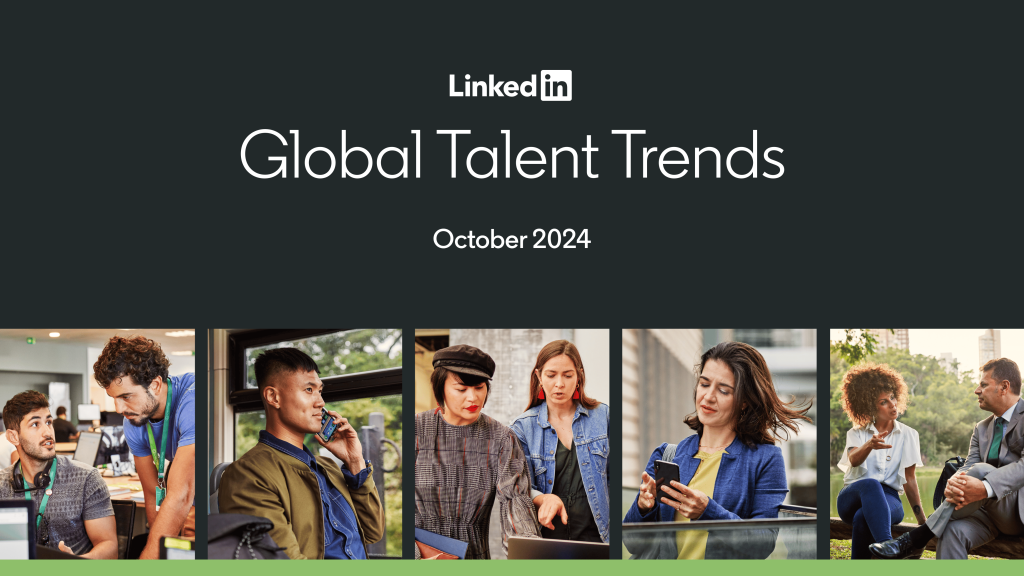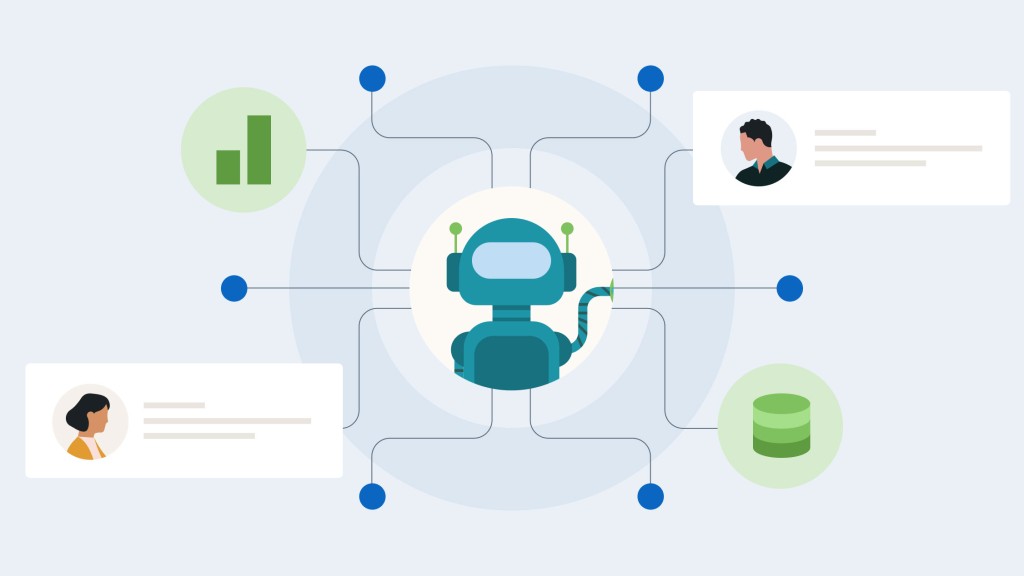- New LinkedIn research reveals 64% of professionals feel overwhelmed by the rapid pace of workplace changes, with 68% seeking more support than ever before
-
As the landscape shifts, nearly half (49%) of workers are worried about being left behind
-
Top challenges include adapting to flexible working, using AI at work and managing multi-generational teams
Nearly two-thirds (64%) of professionals globally are overwhelmed by how quickly work is changing, with 68% searching for more support than ever before, according to new research from LinkedIn, the world’s largest professional network. The pace of change has left 49% worried about being left behind.
The three most significant challenges facing workers whose job is changing are proving they can work from home successfully (30%), integrating AI into daily work (27%) and managing multi-generational teams (25%). LinkedIn data shows a 123% increase in posts mentioning flexible work* over the last two years, which continues to be top of mind as more companies evolve their return to office (RTO) mandates. Meanwhile, the use of LinkedIn Learning courses designed to build AI aptitude has spiked 117% over the last year among non-technical professionals**.
Professionals recognize experience alone isn’t enough
Although important, 56% acknowledge that experience alone isn’t enough. While 36% of people say continuous learning is critical in getting ahead and 46% say they need guidance on the skills needed to navigate workplace change.
At the same time, just 37% feel they can rely on their manager to help navigate periods of change in their job, and only 51% think their company’s leadership is helping them keep pace with changes. A third are unsure what information to trust about career growth, highlighting that today’s workers need more help finding their path forward than ever before.
LinkedIn tips for adapting to change and staying ahead:
-
Stay on top of change: Topics like AI and hybrid work are changing constantly. By staying up-to-date with the latest news and insights from trusted experts, such as LinkedIn Top Voices, you can better understand how these developments impact your daily work and what they might look like in the future. Staying current can help you avoid feeling overwhelmed and more in control.
-
Adopt a growth mindset: Change is hard and it’s okay to feel nervous, so try to approach the process with an open mind. With a willingness to learn, you can build knowledge in areas that will make navigating change easier. Take AI, for instance. Practicing prompt writing or using AI to take meeting notes will make it easier to use these tools in the future. LinkedIn has unlocked a series of Learning Courses such as Building an Adaptability Mindset in the Age of AI for free until November 25, 2024 and is also offering two complimentary professional certificates on Gen AI until the end of 2025.
- Embrace bitesize learning: Find easier ways to acquire new skills and knowledge so continuous learning feels more manageable. Professionals find short-form video the most helpful and engaging when looking for information (46%) – and it’s rapidly growing on LinkedIn, with video uploads up 34% year-over-year.
###
LinkedIn data methodology
*Data measured from September 2022 to September 2024 of posts mentioning the keyword “flexible work” on LinkedIn. Incorporates global English-only posts.
**Indicates growth in unique LinkedIn learners during the time period. LinkedIn Learning courses are identified which are tagged and can be used to develop one of LinkedIn’s taxonomy of 139 AI skills. Members who consumed these LinkedIn Learning courses are referred to as learners with AI aptitude. Non-technical functions exclude members mapped to one of the following functions: ‘Engineering’, ‘Information Technology’, ‘Research’, ‘Education’, ‘Business Development’ based on LinkedIn taxonomy.
Methodology
LinkedIn’s latest global research was conducted by Censuswide and surveyed over 20,000 professionals across all industries aged 18-77 in the UK, USA, France, Germany, India, Australia, Brazil, the Netherlands, Singapore, KSA, and UAE between September 2-11, 2024.










